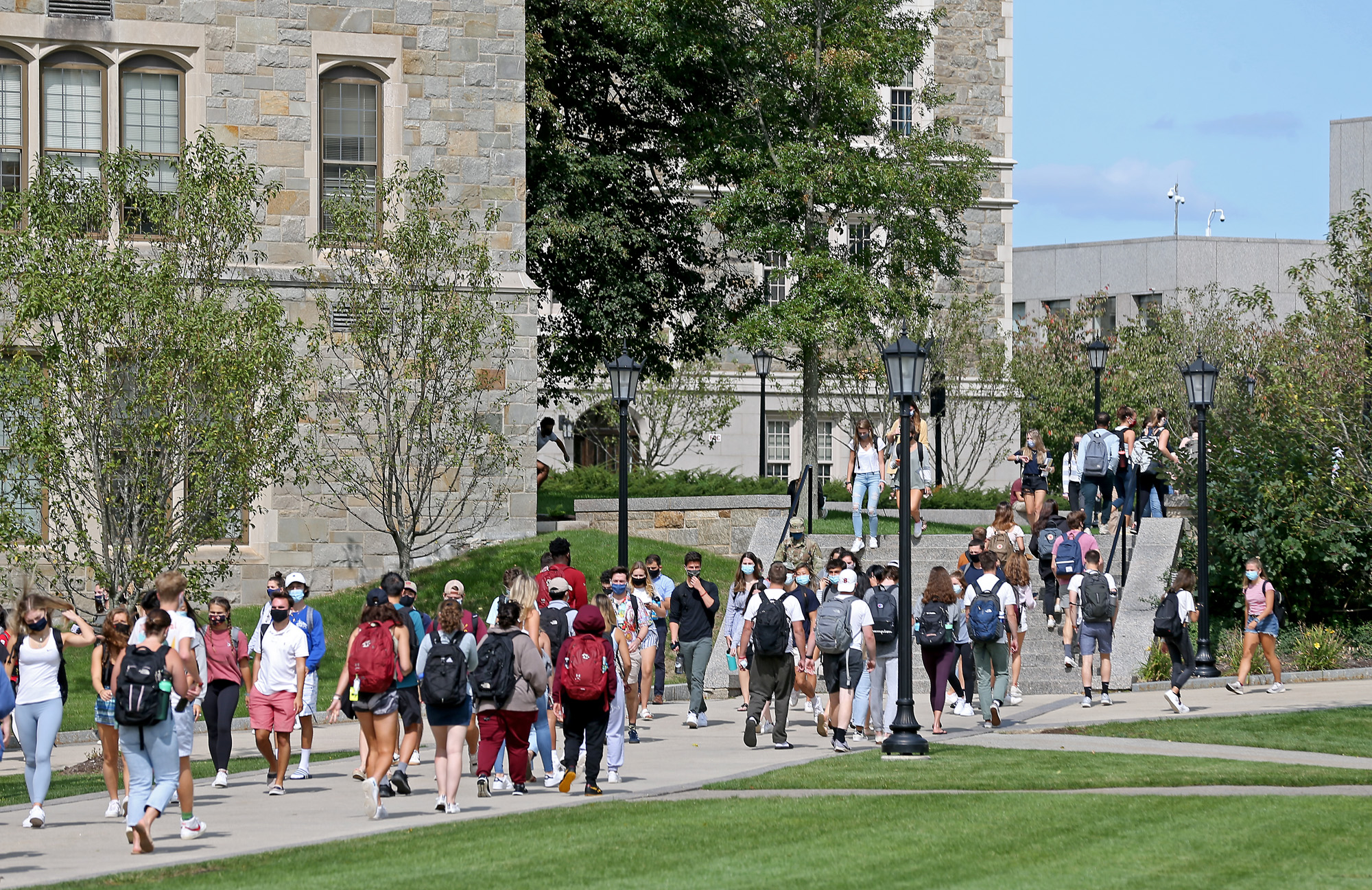Health officials on Thursday announced two more human cases of the West Nile virus in Massachusetts this year, bringing the state's total to three and prompting an elevated risk level for 38 communities across the commonwealth.
Both individuals are men, one in his 50s and the other in his 70s, and both were exposed to the virus in Middlesex County, the state Department of Public Health said.
Health officials are urging residents to take precautions to avoid mosquito bites, especially this Labor Day weekend when many people will spend a significant amount of time outdoors.
“These are the second and third human cases of West Nile virus infection in Massachusetts this year and we are seeing significant expansion of virus activity in mosquitoes,” said Acting Public Health Commissioner Margret Cooke. “Risk from West Nile virus will continue until the first hard frost. As we enjoy the unofficial last weekend of summer and then head back to school and work, it is important for people to remember to continue to take steps to avoid mosquito bites.”
Get New England news, weather forecasts and entertainment stories to your inbox. Sign up for NECN newsletters.
The DPH announced the state's first case one day earlier, in a woman in her 80s who was also likely exposed to the virus in Middlesex County.
The risk of West Nile virus was already moderate in the Greater Boston area and also in several towns in Bristol and Worcester counties, but now the West Nile virus risk level has been raised from low to moderate in an additional 38 communities, health officials said.
Based on the three human cases identified this week, recent increases in virus findings in mosquitoes, and weather conditions favorable for mosquito activity, the risk has been raised for: Beverly, Danvers, Lynn, Marblehead, Middleton, Nahant, Peabody, Salem, Saugus, Swampscott and Wenham in Essex County; Agawam, Chicopee, East Longmeadow, Longmeadow, Springfield and West Springfield in Hampden County; Bedford, Billerica, Burlington, Carlisle, Lexington, Lincoln, Natick, North Reading, Reading, Sudbury, Wayland, Weston and Wilmington in Middlesex County; Dedham, Needham, and Wellesley in Norfolk County; Chelsea, Revere and Winthrop in Suffolk County; and Grafton and Upton in Worcester County.
There have been no deaths this year associated with the virus.
In 2020, there were five human cases of West Nile virus in Massachusetts.
West Nile virus is usually transmitted to humans through the bite of an infected mosquito. It can infect people of all ages, though people over the age of 50 are at higher risk for severe disease. Most people infected with the virus have no symptoms. When present, symptoms include fever and flu-like illness. In rare cases, more severe illness can occur.
The substantial amount of rain in the region in July and the recent hot weather have resulted in an increase in the population of the mosquito species known to spread West Nile virus, health officials said. These mosquitoes breed in places where standing water accumulates.
Health officials remind Bay State residents that they play an important role in protecting themselves from mosquito-borne illnesses.
- Avoid mosquito bites: Apply insect repellent when outdoors and use a repellent that contains DEET (except on infants under two months of age, and not in concentrations higher than 30% on older children).
- Be aware of peak mosquito hours: The hours from dusk to dawn are peak biting times for many mosquitoes.
- Wear long clothing: Long sleeves, long pants and socks when outdoors can help keep mosquitoes away from your skin.
- Mosquito-proof your home: Drain standing water, which is where mosquitoes lay eggs. Drain or discard items around your home that hold water. Check rain gutters and drains. Empty unused flowerpots and wading pools. Install or repair screens on all of your windows and doors in order to have tightly-fitting screens that keep mosquitoes outside.
- Protect your animals: Owners should speak with their veterinarian about mosquito repellents approved for use in animals and vaccinations to prevent WNV and Eastern Equine Encephalitis. If an animal is diagnosed with WNV or EEE, owners are required to report to the Massachusetts Department of Agricultural Resources’ Division of Animal Health by calling 617-626-1795 and to the DPH by calling 617-983-6800.
More information, including all West Nile virus and EEE positive results can be found on the state's website or by calling the DPH Epidemiology Program at 617-983-6800.



